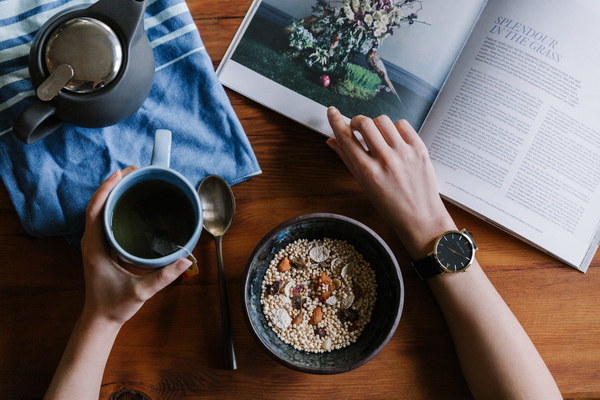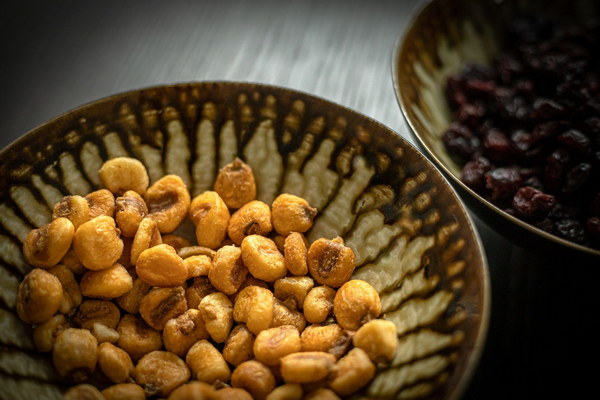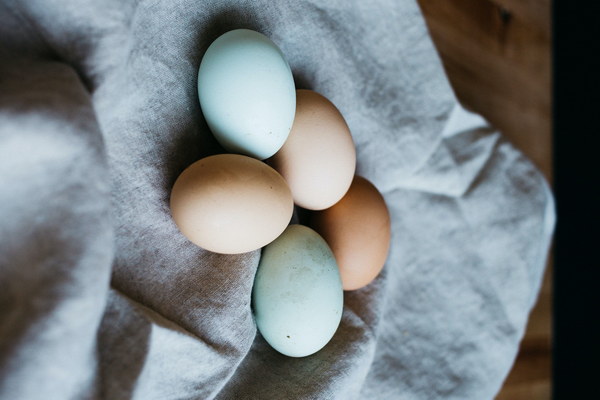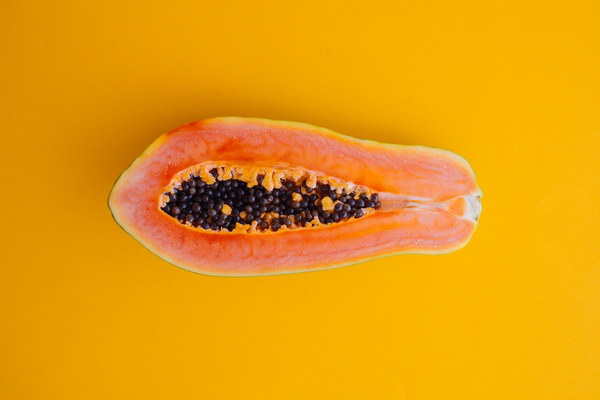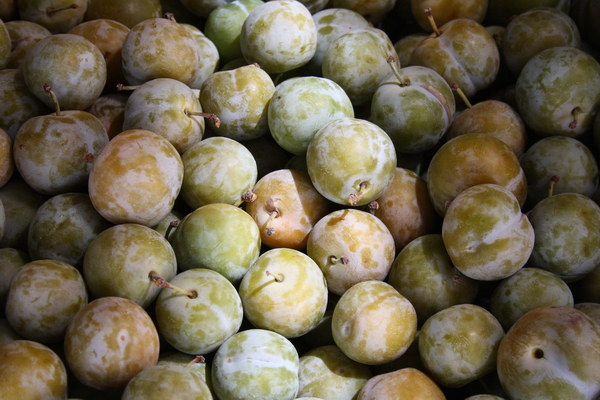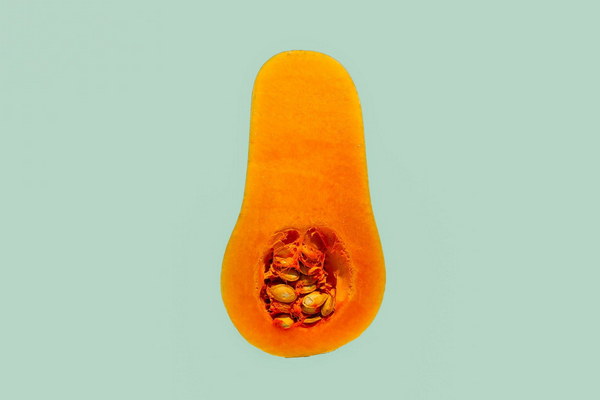Debunking the Top Four Myths About Kidney Care
In recent years, there has been a surge of interest in kidney health and ways to maintain it. Unfortunately, not all information about kidney care is accurate. Here are the top four myths about kidney care that you should be aware of.
Myth 1: Drinking excessive amounts of water can harm your kidneys.
Fact: It is a common misconception that drinking too much water can damage your kidneys. However, the human body is highly efficient at regulating fluid balance. In fact, drinking plenty of water is beneficial for kidney function. It helps to flush out toxins and waste products from the kidneys, which can reduce the risk of kidney stones and other kidney-related issues. The general guideline is to drink about 8 glasses of water per day, but this can vary depending on your individual needs and health conditions.
Myth 2: Eating too much protein can harm your kidneys.
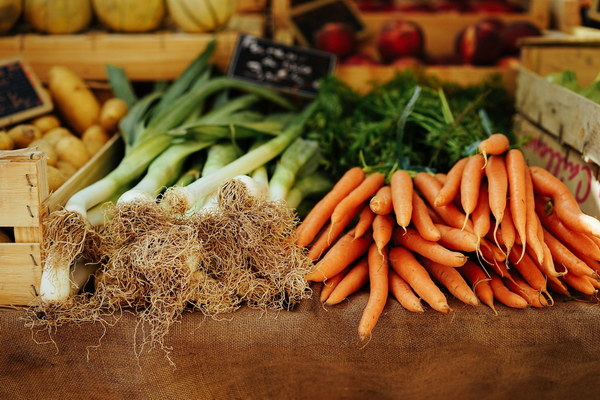
Fact: While it's true that a high-protein diet can be hard on the kidneys, especially for those with existing kidney disease, it doesn't necessarily mean that everyone should limit their protein intake. The key is to balance your protein intake and choose lean sources of protein such as fish, chicken, turkey, and plant-based options. For most people, the Dietary Guidelines for Americans recommend consuming 0.8 grams of protein per kilogram of body weight per day. If you have kidney disease, it's essential to work with a healthcare professional to determine the appropriate amount of protein for you.
Myth 3: Certain foods can cleanse or detoxify your kidneys.
Fact: There are no specific foods that can cleanse or detoxify your kidneys. The kidneys are responsible for filtering waste and excess substances from the blood, and they do not require any special foods to do their job effectively. While a healthy diet rich in fruits, vegetables, whole grains, and lean proteins can support overall kidney health, it's important to understand that there is no magical food that can cleanse your kidneys.
Myth 4: Drinking coffee can harm your kidneys.
Fact: Moderate coffee consumption is generally considered safe for kidney health. Some studies have even shown that coffee may have a protective effect against kidney disease. However, excessive coffee intake can lead to increased urine production, which may be a concern for those with kidney problems. The general recommendation is to limit coffee consumption to 3 to 4 cups per day for most people. If you have kidney disease, it's essential to consult with a healthcare professional to determine the appropriate amount of coffee for you.
In conclusion, it's crucial to separate fact from fiction when it comes to kidney care. While there are many myths and misconceptions out there, understanding the truth about kidney health can help you make informed decisions about your lifestyle and diet. Always consult with a healthcare professional for personalized advice and support regarding your kidney health.


